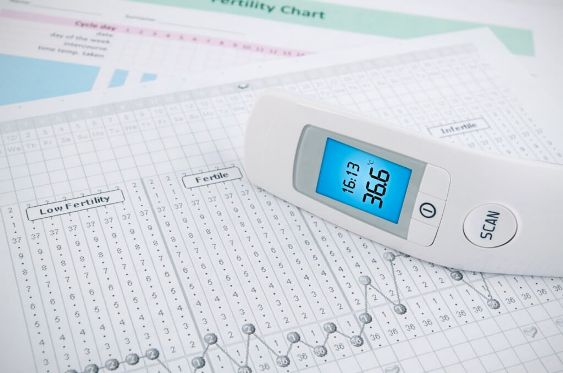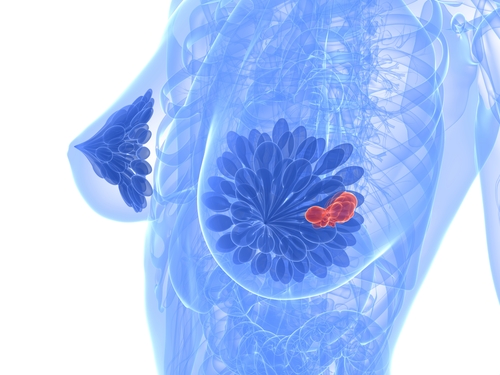Pregnancy is a transformative and delicate time in a woman’s life. While yoga can be a great way to stay active, reduce stress, and prepare for childbirth but certain poses can be harmful to both the mother and the baby.
Knowing which poses to avoid during pregnancy ensures a safe practice that supports the well-being of both. Below is a detailed guide highlighting 8-10 yoga poses to avoid during pregnancy, with explanations to help you navigate your yoga journey safely.









